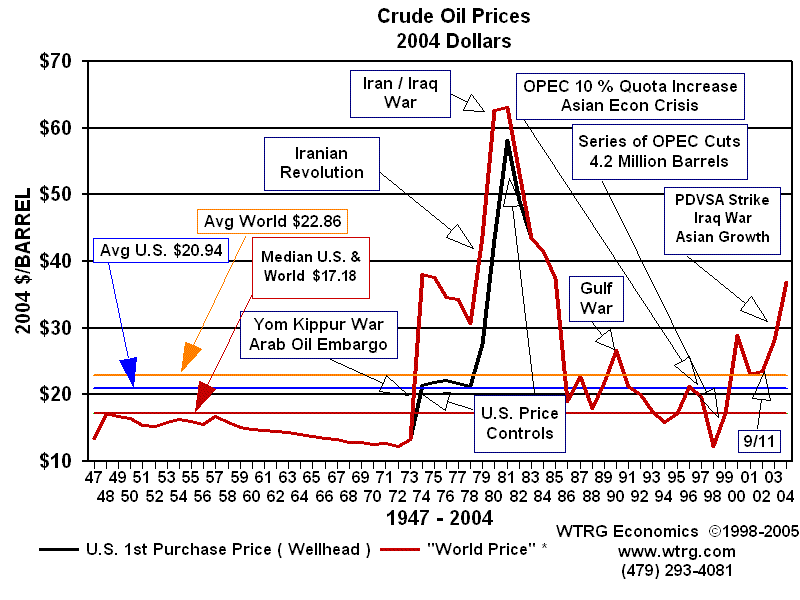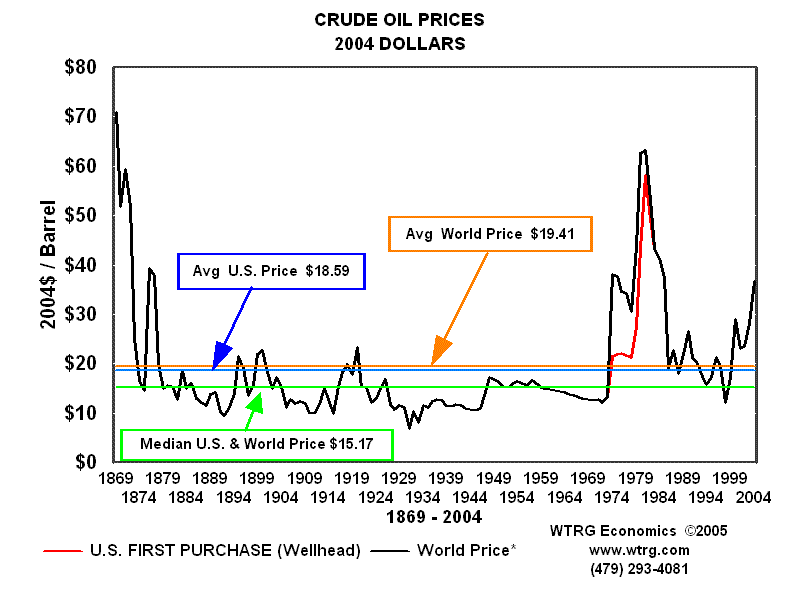- The right to marriage; and
- The rights of marriage.
Here's the thing. As a religious jew, I believe that engaging in homosexual acts is a moral wrong. And as a religious jew, the word "marriage" defines a religious status afforded to a particular relationship between a man and a woman. But then again, in Judaism, the status of "marriage" - and the religious obligations and benefits conferred by that status - only applies to a jewish man and a jewish woman. Jewish law does not deal with the status of non-jews, and neither a civil marriage nor a clerical marriage would confer any status change in how jewish law applied to the couple. And, of course, Jewish law would not confer the religious status of "marriage" on a jewish couple married in a civil ceremony.
Why am I giving a seminar on Jewish marriage law? Because what should be obvious from this description is that what the word "marriage" means to me as a religious Jew has nothing at all to do with what the word "marriage" means to me as a matter of American law. American law confers marital status - and the rights and obligations that come with it under American law (which, needless to say, are different from those that come with "marriage" in Judaism) - on jews and non-jews equally, on couples married by clerics and judges equally.
And what the New Jersey Supreme Court ruled - correctly - is that there is no legitimate societal reason to deny those rights and privileges provided by the American law of marriage to homosexual couples who are willing to also take the burdens and obligations conferred by the American law of marriage.
What types of rights and privileges are we talking about? A few were listed in the Court's decision - eliminating the need to engage in lengthy and expensive legal processes of "cross-adopting" each other's children (a heterosexual who marries a spouse with children has no need legally adopt the children to have rights as a parent) or changing a last name, qualifying for benefits that employers must automatically provide for employee spouses, rights of inheritance, a family member's right to visit in the hospital, and others.
And the burdens? The requirement of financial support for a spouse and their children, the need for a divorce to dissolve the relationship and begin a new relationship with another individual, the alimony payments and financial unwinding that comes with it, and other of the legal consequences of marriage that can negatively impact one party or the other.
So long as homosexuals are willing to accept the burdens of marriage as well as the privileges, there is no legitimate societal interest in denying them the right to do so.
Now, the New Jersey case was somewhat unique, in that because New Jersey had already adopted a domestic partnership law providing homosexual couples some of the rights of heterosexual married couples, the state could not raise the usual rationales for denying homosexuals marital rights - (in the New jersey Supreme Court's words) "encouraging procreation" and "creating the optimal living environment for children" - because the domestic partnership law indicates that the legislature did not see that as a significant problem. But even without the domestic partnership law, those arguments don't make much sense. Homosexual couples exist with or without marital rights, and they are not going to procreate more or less because of marital rights. And homosexual couples already have children - as they are fully allowed to in every state in the nation - without marital rights.
In other words, if the argument for denying homosexuals marital rights hinges on procreation or preventing homosexuals from having or raising children, the fact is it hasn't worked. (It's also worth noting that the two arguments are inherently contradictory, since if granting homosexuals marriage will discourage procreation, then it could not simultaneously increase the incidence of "non-optimal living conditions for children", and vice versa). It's hard to justify refusing to grant homosexuals marital rights on the basis of alleged policy benefits that clearly haven't materialized.
That said, I also think that the Court got it right when they left it to the legislature to determine what to call the institution that will provide homosexuals with marital rights. (That issue, by the way, was the only disagreement among the Justices; while the decision is being reported as a 4-3 split, the Court ruled 7-0 that homosexuals were entitled to marital rights. The three dissenting Justices would have ruled that the institution must be called "marriage.") Why is that?
Because requiring that the institution be called "marriage" has nothing to do with providing equal rights for homosexuals. It has to do with providing for equal "perception" in the minds of others - something that, unfortunately, cannot be legislated. Requiring that the institution be termed "marriage" would be an attempt to legislate the private perceptions of individuals.
As for me, even if the legislature calls it a civil union or something other than "marriage", I'll refer to any homosexual couples who enter into the relationship defined by the statute the New Jersey legislature enacts as "married." Because all that english word means to me is "endowed with the rights and obligations of marriage" - and homosexual couples who "enter into civil unions" (if that's what they're called) will fit that definition just as much as heterosexual couples who "get married" - jewish or not, clerical or not.
New Jersey got it right - and, if elected, I'd push for applying the New Jersey paradigm across the country.


